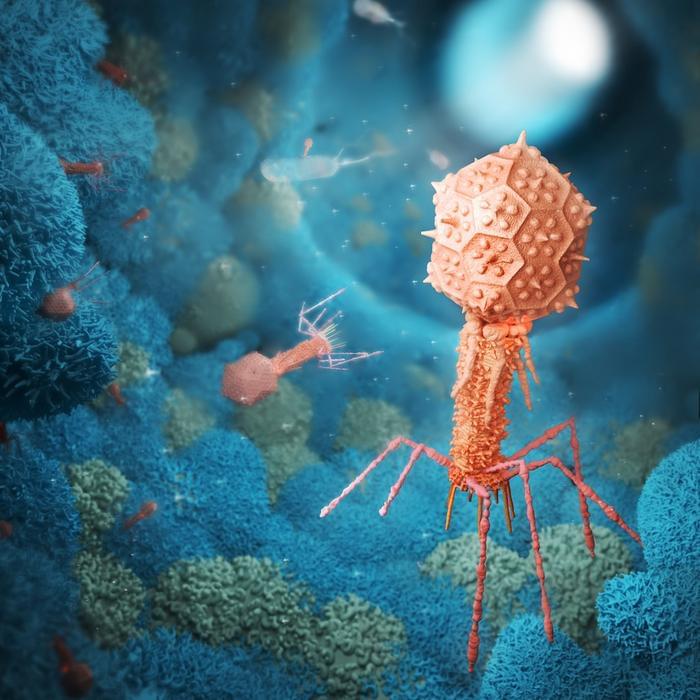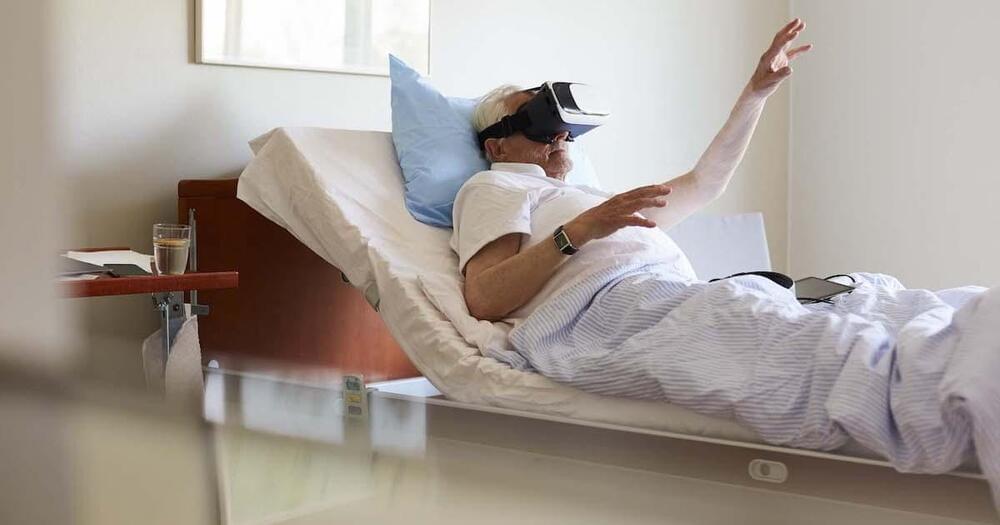Colorectal cancer screening is widely recommended for adults ages 45 to 75 with an average risk of developing the disease. However, many people don’t realize that the benefits of screening for this type of cancer aren’t always the same for older adults.
“While many clinicians simply follow guideline recommendations for colon cancer screening in adults within this age range, this isn’t always the best approach,” said Sameer Saini, M.D., M.S., who is a gastroenterologist at both Michigan Medicine and the Lieutenant Colonel Charles S. Kettles VA Medical Center and is as a health services researcher at the University of Michigan Institute for Healthcare Policy and Innovation and the Ann Arbor VA Center for Clinical Management Research, or CCMR.
“As individuals get older, they often acquire health problems that can lead to potential harm when coupled with endoscopy. While guidelines recommend a personalized approach to screening in average risk individuals between ages 76 and 85, there are no such recommendations for older adults who are younger than age 76—individuals who we commonly see in our clinics.”








